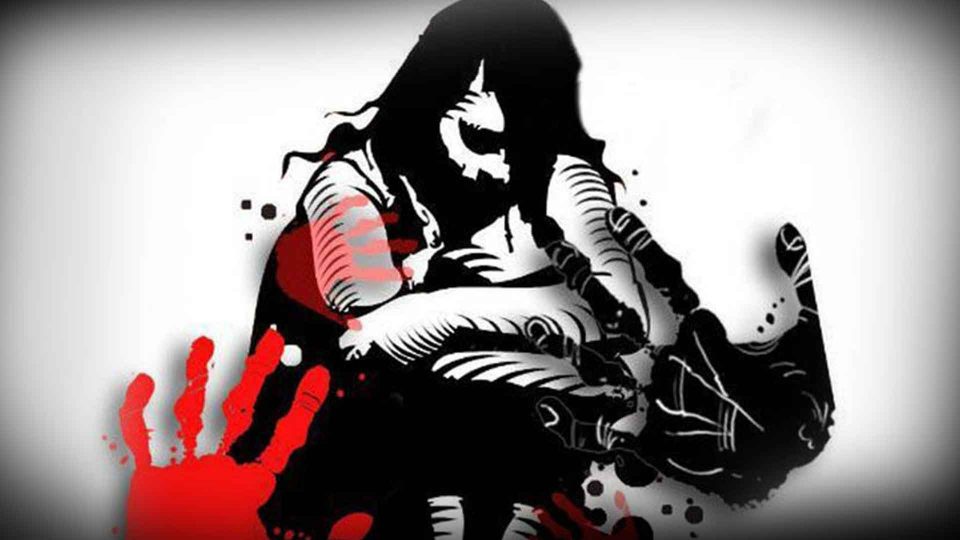With more than two cases of child rape being reported everyday from the national capital, experts have stressed on the need for a rehabilitation policy for the victims.
Rehabilitation is about rebuilding the life of the victims of sexual assault and a policy is needed as these children live with the trauma for a long time, they said.
This emphasis comes close on the heels of a number of brutal rape cases in the national capital region recently.
In January, an eight-month-old girl was allegedly raped by her cousin in northwest Delhi’s Netaji Subhash Place, while in April, a 10-year-old girl was raped in a madrasa in Ghaziabad after the accused alleged took her from Ghazipur on the pretext of meeting his friends.
The 10-year-old’s father said that it has been a month since the horrific incident but she was still scared and struggling.
“She loses her temper very quickly. She hasn’t been able to step out of the home after the incident and is scared. She was counselled but after that she has not received any counselling,” he said.
According to Delhi Police data, more than two children were raped in the national capital every day in the first four months of this year.
Till April 30, 282 cases of child rape were reported as opposed to 278 last year during the same period. Last year, 894 such cases were reported, as per the data.
Delhi Commission For Women Chairperson Swati Maliwal said there was a lack of sensitivity from the police due to the burden of cases and added that sometimes, even the parents blame the children.
“We have seen the parents blaming the children saying, ‘all is lost’. For a child, it is traumatic and confusing. The parents have no idea how to handle their children,” she said.
“Also, there is a lack of sensitivity on the part of police since they are also handling many cases at the same time. There is an acute shortage of women investigating officers,” the women’s panel chief added.
The police, on the other hand, said they ensure that child rape cases are handled by women officers. However, the delay in sometimes reaching out to the victim, creates the perception of insensitivity, they said.
“The law says that child rapes will be handled by women investigating officers. Many a times, it happens that the women officers have left for home after finishing their eight-hour shifts,” a senior police officer said.
“If such a case is reported, the women personnel are specially called and that sometimes causes a delay of a couple of hours, making the victim’s family feel that the police are not understanding their trauma,” the officer said.
The officer also said the investigating officers always ensure that the child is spoken to in the presence of a counsellor which also in some situations causes a delay of couple of hours.
The police said in most of the cases, the accused is known to the victim’s family and the complaints only come to them after the offence has occurred.
Maliwal said that they have been demanding a rehabilitation policy for the victims in such cases.
“There has to be a proper hand-holding for the victim at least from the time of the incident till the conviction. The government should frame a rehabilitation policy for such victims,” she said.
Advocate and child rights activist Ananth Kumar Asthana, said that assistance should be given to these victims in a more comprehensive.
“Counselling is indeed necessary for helping the victims deal with the trauma but it cannot be given in an ad-hoc manner. Mere counselling is not sufficient in many cases.
“Support to the victims has to be based on individual needs of the child and the State must commit to provide a comprehensive support to victims either through a legislation or through a scheme,” he said.
The state must acknowledge that the rehabilitation of victims cannot be dependent on the outcome of a trial and is not limited to a court case, he said, adding that rehabilitation is about rebuilding the life of an individual victim.
Last month, the Union Cabinet had approved an ordinance to allow courts to award death penalty to those convicted of raping children up to 12 years of age.
The Criminal Law Amendment Ordinance seeks to amend the Indian Penal Code (IPC), the Evidence Act, the Code of Criminal Procedure (CrPC), and the Protection of Children from Sexual Offences (POCSO) Act to introduce a new provision to sentence convicts of such crimes to death.
As an independent media platform, we do not take advertisements from governments and corporate houses. It is you, our readers, who have supported us on our journey to do honest and unbiased journalism. Please contribute, so that we can continue to do the same in future.

